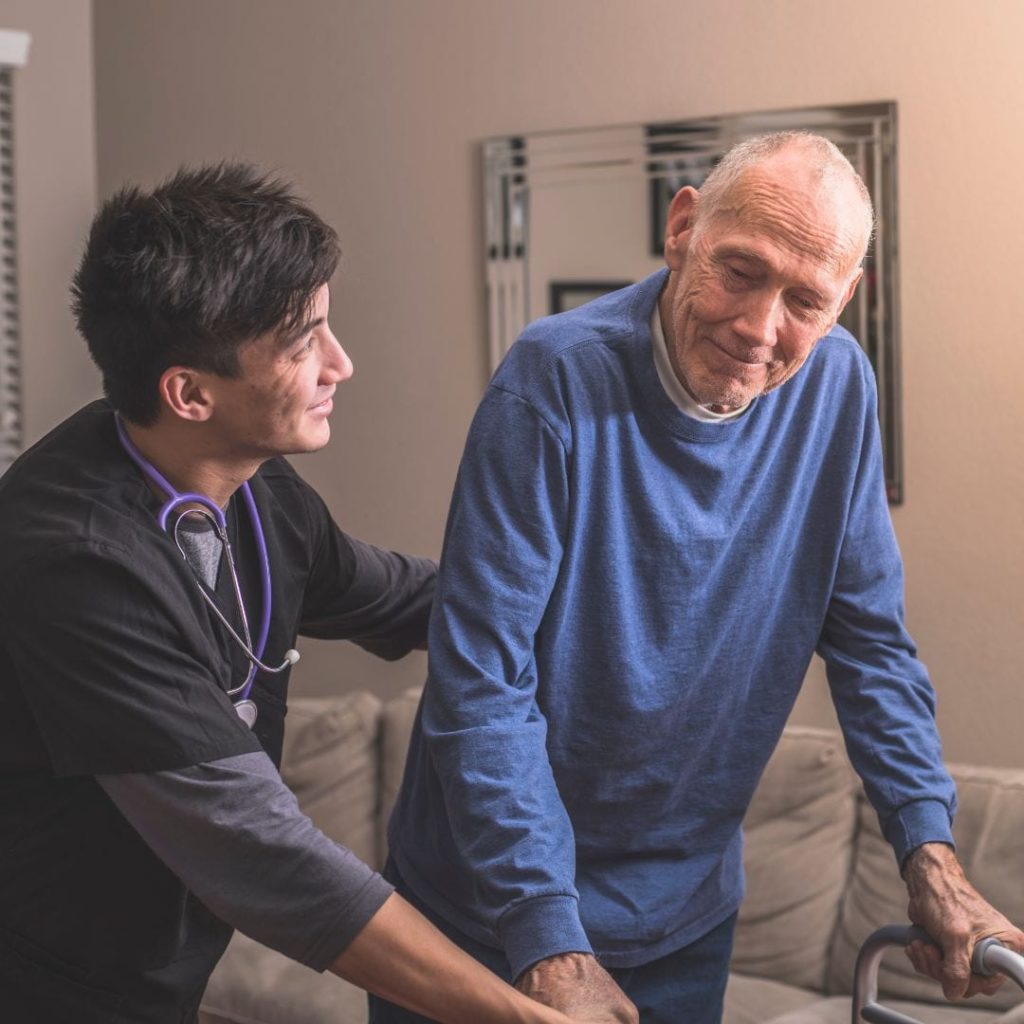
Parkinson’s Disease is a horrible nervous system disorder that gradually robs a person of most of their physical activities one by one. There is no cure and patients simply deteriorate until their entire life has completely changed.
At Texas Neurosurgery, we treat Parkinson’s disease in some patients with deep brain stimulation.
What is Parkinson’s disease?
Parkinson’s is a progressive disease that affects the nervous system and the person’s ability to manage and initiate movement. Symptoms start quietly, with the person usually having no idea he or she has the disease. There may be a slight tremor in the hands or difficulty with muscle control with a seemingly routine task, such as buttoning a shirt. This is happening because the cells that produce dopamine become destroyed or severely damaged. Dopamine is a chemical that sends signals to the brain to control movement. As Parkinson’s progresses, these cells diminish and patients gradually lose more and more control of their movements.
What is deep brain stimulation?
Deep brain stimulation (DBS) is a surgical procedure used for Parkinson’s patients who are not responding to medication. DBS deactivates the parts of the brain that trigger the disease without destroying nearby brain tissue.
How is deep brain stimulation done?
During DBS, your Texas Neurosurgery surgeon implants a small device called a neurostimulator under the skin of the chest. This battery-operated device is similar to a pacemaker for the heart. It is designed to prevent tremors and other symptoms of Parkinson’s disease by delivering electrical stimulation to the areas of the brain that control movement. This energy is delivered through electrodes placed directly in the brain.
For most patients, the electrodes will be put on the thalamus, subthalamic nucleus, and globus pallidus.
Results
Most of our patients experience significant symptom relief with DBS. Some still need to take medication to treat the disease, but this is usually at a reduced dosage.
Do you or a loved one have Parkinson’s but aren’t responding to medication? It may be a good idea to call the team at Texas Neurosurgery at (214) 823-2052 to schedule a consultation with our neurosurgeons.

